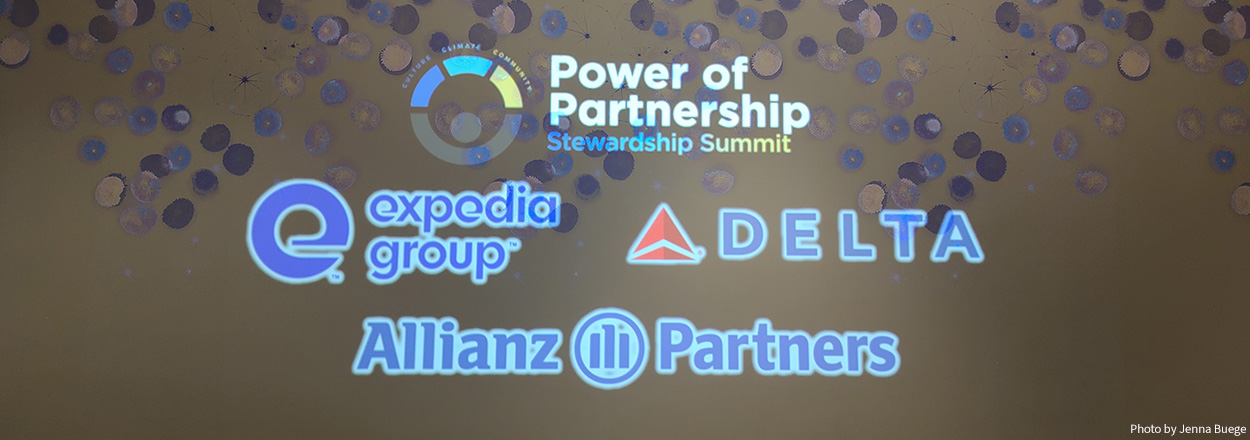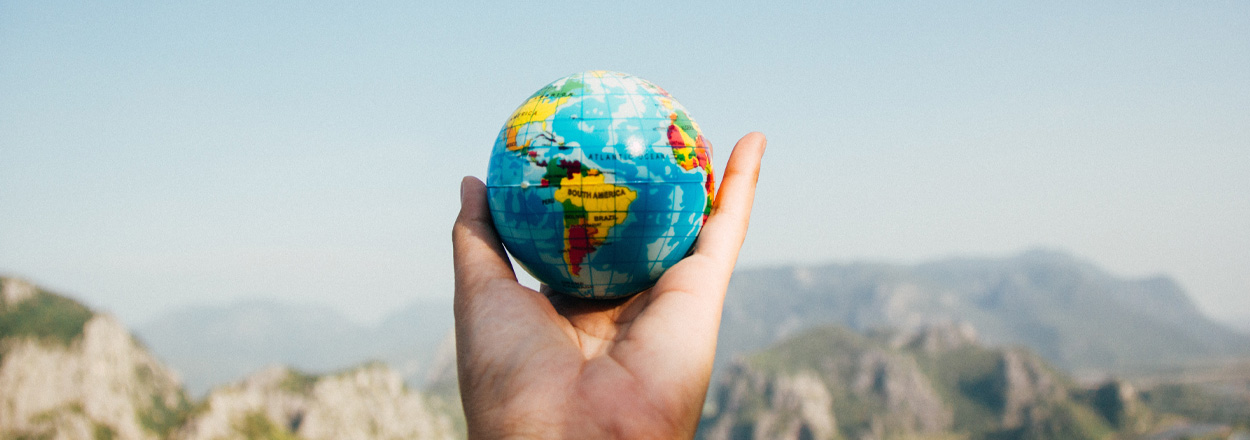Dedicated to exploring the intersections of culture, community and climate in travel and tourism, over 200 industry professionals gathered in Richmond, Virginia from October 15-19, 2023, to attend the first Power of Partnership Summit (POP Summit). Co-hosted by The Cultural Heritage Economic Alliance, Inc. (CHEA), Tourism Cares, The Travel Foundation and the U.S. Cultural & Heritage Marketing Council (USCHMC), the event was a true partnership as the founding organizations came together to aid participants in uncovering meaningful connections in unexpected places.
Born from the belief that travel and tourism professionals have had “siloed” discussions surrounding topics like diversity, equity and inclusion (DEI); sustainability and climate action; and environmental, social and governance (ESG) for too long, the POP Summit set out to talk about it all under one roof. It was a lofty goal, and to get it right, the conference practiced what Stephanie M. Jones, event co-founder and founder of CHEA called “intentionality by design,” something the event demonstrated through the encouragement of open and honest discussions, the inclusion of diverse suppliers and the creation of spaces for ongoing collaboration among attendees. “Not only is this a safe space, it’s a place where we’re trying to take the elephant out of the room,” said Greg Takehara, event co-founder and CEO of Tourism Cares.

No matter their preferred “C” — culture, community or climate —, sessions throughout the week led by subject matter experts demonstrated to attendees the ways in which each topic is interconnected. From learning about the importance of sharing and preserving culture to understanding climate justice and injustice and how tourism must adapt to thrive, thoughtfully presented conversations left guests with plenty of fresh and actionable ideas on their minds. And while everyone who’s attended an industry event can attest to the high they leave riding over the next few days, at the POP Summit, guests were encouraged to truly consider how they were going to take that inspiration and transform it into something tangible. “We are not here to talk, we are here to act,” said Richard Peterson, event co-founder and president and CEO of USCHMC. “Any solution will require collective thinking,” added Jeremy Sampson, CEO of the Travel Foundation. “(This is) not just an event, but a sparkplug for more.”
In addition to excellent educational opportunities, something unique about the POP Summit was its multicultural marketplace which featured displays from 24 small suppliers. Again and again, event leaders stressed the importance of integrating smaller, BIPOC suppliers into industry events with Jones saying, “It was an intentional effort to create access, it’s this level of intentionality that is required across the board.” Among the suppliers, offerings ran the gamut with services ranging from guided tours and historical and cultural societies to educational opportunities for those looking to learn more about accessibility. Travel advisors had a presence too with Maureen Johnson from Legacy Travel & Tours, LLC and advisor Bernell King with World Awaits Tours having their own booths.

After two action-packed days of scheduling inside the Richmond Marriott, attendees were excited to get out into the community on their assigned “Experience Day” by day three. Described by the POP Summit website as a day dedicated to “meeting local changemakers, lending a hand through voluntourism and witnessing firsthand the power of meaningful, diverse and authentic travel experiences,” Experience Day offerings ranged from hands-on gardening activities at Sankofa Community Orchard, a visit to the Black History Museum and Cultural Center of Virginia and a variety of guided walking tours led by Gary Flowers, Hamilton Glass and Hidden in Plain Site Richmond. I personally attended “Walking the Ward with Gary Flowers” and had a great time exploring the streets of Richmond while taking in Gary’s seemingly endless stream of stories and factoids as he shared with us the hidden history of the surrounding area.
As the event began to wind down, I took some time to chat with Jones and Takehara about their main takeaways from the first-ever POP Summit and why industry pros, specifically travel advisors, should attend similar events in the future. “The takeaway for me was that attendees welcome having deeper conversations, bolder conversations about real issues that impact us, not just as individual businesses or an industry at large, but as communities. Even if they are a little painful or uncomfortable,” said Jones. Regarding his biggest takeaway, Takehara added, “We try to, in a very short period of time, educate and inspire and then have attendees really take action and create commitments that hopefully they will be held accountable to either by themselves, their peers or ourselves as a community working together to support each other,” he said. “For me, the takeaway is that I think we came through on the educating and the inspiring so now the work begins in terms of people developing those commitments and carrying out those commitments.”

As for why advisors should attend events like the POP Summit in the future, Jones and Takehara agree it comes down to education. “The educational content here is exceptional,” said Jones. “For travel professionals, you can’t just work in a silo space where you only focus on selling product and not be concerned about issues within the industry that impact you directly or indirectly, because it’s just going to make you a stronger professional if you are equipped with all of the information around sustainability and climate action and cultural heritage, you’re going to be able to provide a broader knowledgebase for your customers.”
Regarding education, Takehara said the following, “Travel advisors have such an important role to play in terms of their frontline. They have the connectivity with the consuming public and their clients as a result, they’re the ones who are the conduits to talk about community tourism to help shape and create experiences for their clients and if they don’t know about these community enterprises for instance, if they don’t know the types of experiences that we were able to listen to and hear about and now, this afternoon, go experience, then that doesn’t get passed on. And I think that there’s a big difference between simply reading an article about these types of experiences and coming to an event like this, listening to their ‘why’ and their soul and then actually going out and experiencing it. For me, that’s truly transformative.”






comments